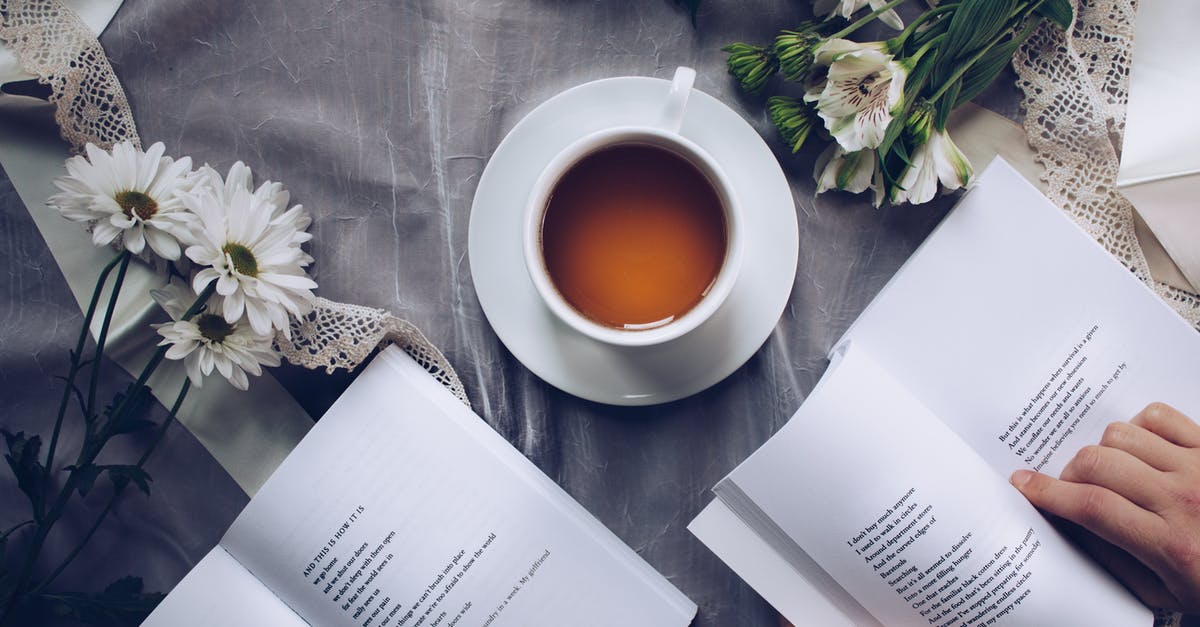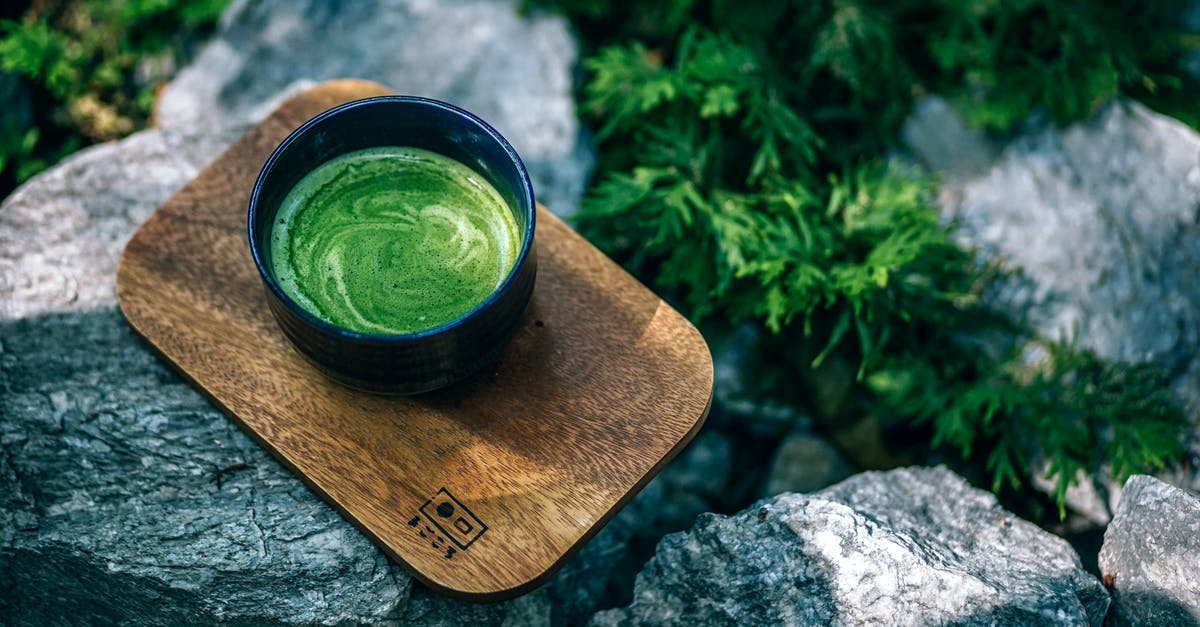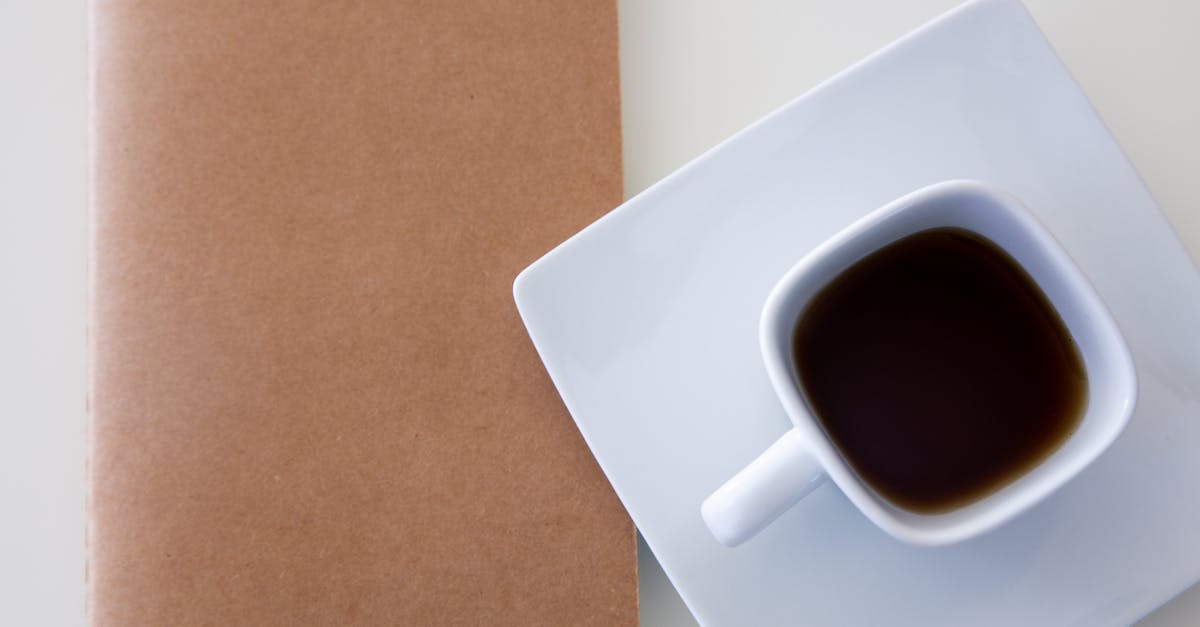Remove tannins from tea without removing caffeine

I have a lovely black tea that is fairly high in caffeine, which I'd like to keep.
Unfortunately though, I'm not a fan of the bitterness caused by tannins, and I'd like to remove them if possible without leaching the caffeine as well.
I was thinking pre-rinsing the leaves with cold water for example, considering the solubility figures below:
Tannic acid solubility at 25 degees C: 2850 g/Ll
Caffeine solubility at 25 degrees C: 20 g/l
Caffeine solubility at 100 degrees C: 660 g/l
Are there any experimentally verified methods of doing this?
Best Answer
In response to the answer posted by @James, I've run the following experiment:
Ingredients:
- Black tea by "Tea Merchant", flavor = "Ship Ahoy"
- Colorless and flavorless gelatin powder, bought from the baking isle in a supermarket.
Process:
1) I made 4 cups of tea, each with 1 tea spoon of tea leaves straight into the cup:
- Control cup, no addition
- 1/4 teaspoon of gelatin powder
- 1/2 teaspoon of gelatin powder
- full teaspoon of gelatin powder
2) I thoroughly stirred the tea and left the cups to sit for 4 minutes.
3) Poured each cup through a strainer into a fresh receptacle to remove the tea leaves.
4) I left the tea to cool, such that I could take large gulps at a time in order to maximize tannin taste.
Results:
a) The colour was noticeably lighter the more gelatin was added. Below is a photo, where each label indicates amount of gelatin in each cup (as fractions of a teaspoon, where left is full spoon, right is control).
b) A large gulp of the control tea was unpleasantly bitter.
c) Each subsequent concentration removed more bitterness, indicating that a relatively large amount of gelatin is required to completely remove all tannins.
d) 1/4 teaspoon was sufficient to remove the unpleasant sharpness
e) The full teaspoon removed most of the tanniny flavor, allowing the more subtle flavors to be tasted.
f) Although I find the full teaspoon left the tea a bit bland as well. I prefer the 1/2 teaspoon ratio.
g) I am slightly disappointed that I did not create tea-jelly. Will just have to add more. For science.
h) I cannot comment on the effect of gelatin on the caffeine levels since I am quite caffeine insensitive.
Conclusion:
Gelatin definitely reduces tannin concentrations which removes the sharpness out of black teas.
I am unable to comment on caffeine levels from "feel", however, this paper models caffeine release from a gelatin matrix. I only gave the paper a quick scan, and I find no mention of gelatin reacting with the caffeine in any way.
EDIT:
Over the course of the weekend I was able to feed a caffeine sensitive friend some tea. Everyone was weirdly suspicious.
Process:
5) I created two 1l batches containing 3 teaspoons of tea leaves, soaked for 10 minutes. The control batch was left untouched and gelatin batch contained 10g of gelatin.
6) Saturday morning at 10 am the subject was given the control tea. He finished it by 10:45, and by 11 am his symptoms were: Elevated heart rate (110 bpm compared to 60 at rest), headache, shakiness and a general feel of ill ease. By 11:30 the symptoms seemed to have passed.
7) Sunday morning at 10 am the subject was given the gelatin tea. To my great pleasure the tea had partially jellified. The subject was not pleased. He finished the tea by 10:45 and reported no symptoms at all, apart from feeling "a bit better". It seems that the subject had somehow ingested some alcohol the previous evening, thereby bringing these results into question.
Results:
f) The gelatin heavy tea didn't really taste that great. The control was expectantly very bitter.
g) We created tea-jelly!
h) Based on the results from subject Friend, gelatin does in fact seem to lower the caffeine levels. Although it may be possible that the jelly caused the caffeine to be released slower (or something). Will have to repeat with much less gelatin, and again with much more gelatin.
i) This would make a really good masters research project.
Pictures about "Remove tannins from tea without removing caffeine"



How to extract Caffeine from Tea (Classic DCM Method)
More answers regarding remove tannins from tea without removing caffeine
Answer 2
Adding a 1/4-1/2 teaspoon of gelatin powder dissolved in the boiling water should do the trick. I fermented some arizona and used gelatin to remove the remaining yeast, only to find it removed the tannins as well, yielding a relatively clear liquid with a dark brown sediment at the bottom. I can't guarantee that it won't touch the caffeine, but i see no reason it would chemically.
Answer 3
Usual method of tannin removal is anion exchange chromatography. Linkage:
The primary tannin removal technologies of the past were carbon- and styrene-based ion exchange resin. More recently, acrylic-based and high water retention/low crosslinked styrene-based anion exchange resins have surfaced into the residential water treatment market and seem to outperform the traditional ion exchange resins used for tannin removal. Although no resin is 100 percent effective, success has been greatly increased with these resins. If you haven't tried treating for tannins recently you may want to give it another try.
I have not tryed this with tea, but I have used it on coffee. The result is a clear liquid without much of the bitter taste of cheap coffee. Still tastes like coffee, just better coffee. Not being charged, the caffeine comes straight through, so you still catch a buzz from it. Looks like anion exchange resins are easily available online. You'll probably want food, or at least water system grade. This method will likely work better for some teas than for other. I've no idea what the charge is on the bergamot flavor in Earl Grey, but if it's acidic, it won't make it through the column. Cardamom flavor might make it through. You can either look up the structures of the relevant flavor molecules, and go from there, or just give it a try and see if it works to your satisfaction.
Answer 4
I just took an hour finding a solvent that removes tannins and leaves the caffeine behind and yes, it can be done, but no, the remaining tea will be highly toxic.
So unless you're trying to kill your awful in-laws with a de-tanninised black tea high in caffeine, no it cannot be done.
Sorry to be the harbinger of bad news
Answer 5
I learned this from a southern friend who took the bitterness out of her tea by adding a pinch of baking soda, so I tried it with every tea I could get store-bought (particularly high-caffeine black tea) and it takes the bitterness right out of it.
Best i can figure the baking soda is neutralizing the tannic acid, though I'm unsure on whether it affects the caffeine content as well.
Answer 6
I use an old trick learned from the deep south (of the US) to make iced tea. The tannins in tea turn cloudy when poured over ice, so many would use a pinch of baking soda during the brewing. The resultant strong hot tea could then be poured over ice and would not turn cloudy from the tannins. I still use this trick on some black teas that I like since I am more sensitive to bitter than most.
Call it about 1/4 teaspoon per cup.
Answer 7
Add a little lemon juice to your tea and it neutralizes the tannins. You can also use soy sauce, but the flavour may not be so great afterwards.
Sources: Stack Exchange - This article follows the attribution requirements of Stack Exchange and is licensed under CC BY-SA 3.0.
Images: Thought Catalog, NipananLifestyle.com, George Milton, PNW Production

